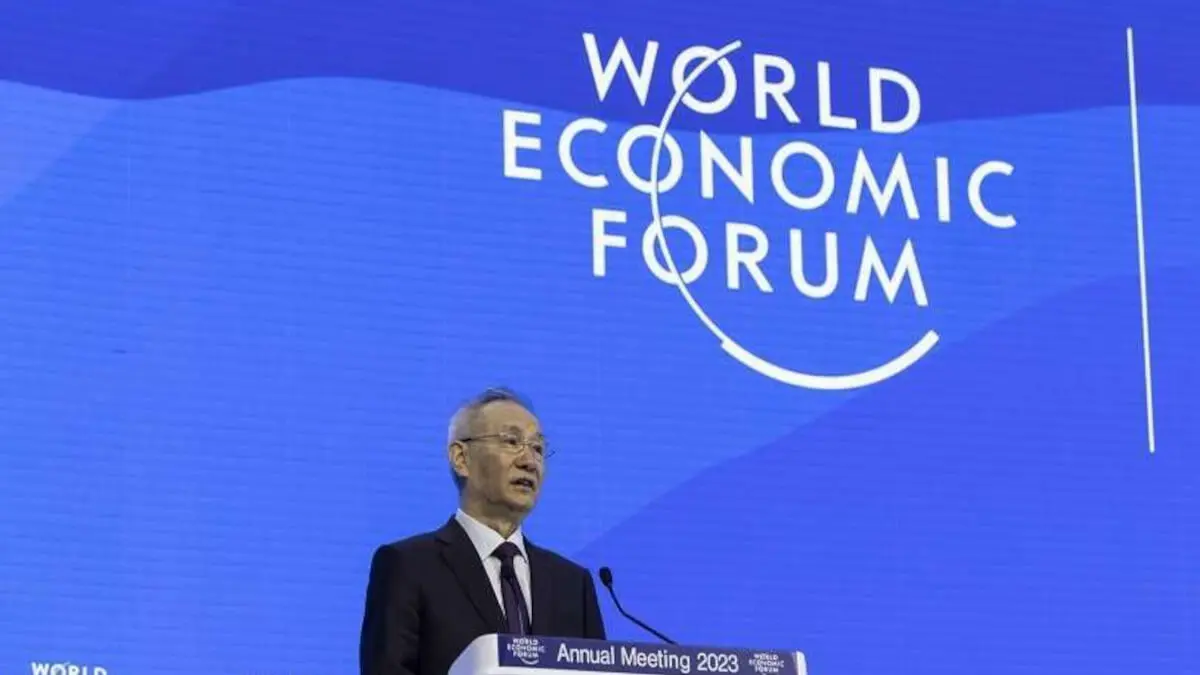Global power and the green economy

This year's Davos forum marked the end of globalisation and the rise of regionalism. Indeed, it ushered in a new architecture in global governance and a new reformulation of the role of multilateral institutions. The world order that was structured after the Second World War, the dissolution of the Soviet Union and the end of the Cold War that gave rise to the unipolar hegemonic power of the United States came to an end.
The end of that unipolar world gave way to a new tripolar world order with three powers vying for control of the world: the United States, China and Russia. India is a fourth power seeking to participate in that feast, moving between the three with autonomy and its own agenda, but it has yet to show its cards. Other regional powers have also emerged, such as Brazil, Turkey, Iran, Indonesia, South Africa, Egypt and Nigeria, which, hand in hand with the BRICS, are going to have a strong global role.
On the one hand, the United States and Britain lead the seven most developed economies in the West. Hence the move to provoke, with NATO, the Ukrainian war against Russia in order to break Germany, the main European economy and, in passing, the rest of Europe, and to turn the European countries into vassals in order to preserve their global hegemony.
On the other side, China, Russia and India lead the bloc of the most developed economies in Asia and, with the geo-economic blocs of the BRICS, the Shanghai Cooperation Organisation and others, control most of the economies of Asia, Africa and Latin America. A power that has the hegemony of the United States reeling, to face its decline and to confront the imperial resurgence of the Asian powers. Their gamble was to replace the neoliberal economic policies of the Washington consensus with the new Cornwall consensus, whose battleground is the green economy, clean energy and the energy transition.
In Davos they buried globalisation and with it the neoliberal economic model of the Washington consensus and put the Cornwall consensus and the globalist 2030 agenda on the table. Behind the politics of the green economy and the 2030 agenda are the economic emporiums of BlackRock, Vanguard and State Street, the moves of billionaires like Elon Musk, George Soros and the Rothschilds. The green economy is called the fourth industrial revolution, underpinned by seven priorities in the development policies to be implemented by the Western G7 powers in the coming years.
It is a new consensus to control the world, centred on the development of a green agenda: clean energy, green loans, energy transition, control of ecosystems and strategic natural resources. A policy that has fossil fuel substitution, climate change and clean energy at its core. The Cornwall Consensus encapsulates the strategic and geopolitical interests of the Western powers, led by the United States and England, to confront the growing rise of the Asian powers: China, India and Russia.
The green economy is the new religion of Western power, a way for the US to shake off its declining imperial powers and seek through environmental policies to stop the swing of the pendulum of global power from the West to Asia. They see the resurgence of former empires such as China, Russia, India, Iran and Turkey as a threat. China and Russia are decades ahead of them in advances in the control of new technologies, clean energy and whoever controls the new technologies will hold the key to world control.
@j15mosquera

